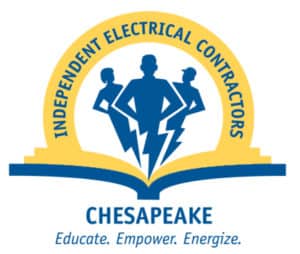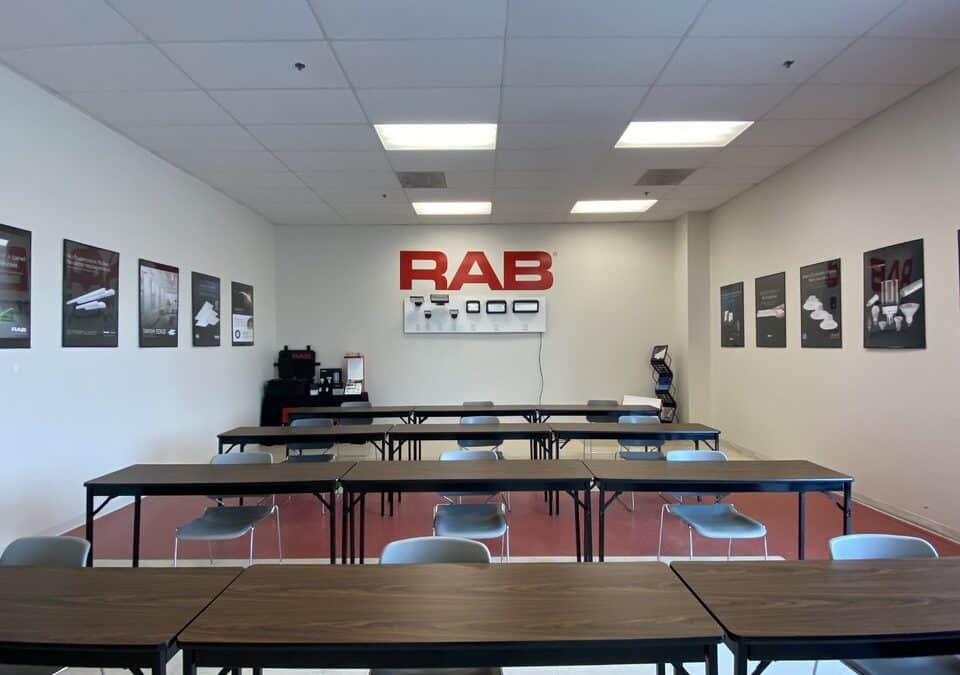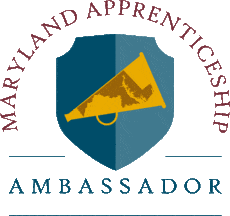I plan on retiring by 2026-7… I would LOVE to hear high school seniors asking each other THIS question by then, not just “What college did you get into?”.
The battle cry should be Education for All; not college education for all. Recent high school graduates are turning the tide- even some with a year of college under their belts.
It isn’t because “college isn’t for them”. That’s a tired, outdated phrase that needs to be put on the shelf. Surveys show that some students are disillusioned with exactly what it is they are getting out of their college degree and experience. Some feel the expense is simply too high to graduate after four years unemployed.
The “college isn’t for them” argument is also demeaning. It implies that the student who doesn’t choose college, or who leaves after a year, was unable to handle the rigors of college. It implies they were a sub-par student. Where this may be true of some students it is certainly not true of all; let’s drop the broad brush.
College ROI deserves to be under the microscope. I’m a fan of a broad education and a fan of education for specific skillsets. If you want to be an engineer, nurse, physician, economist, etc…you NEED a college specific education. There are many fields where college programs apply and return the investment. This should not mean, however, that skills best served outside of college programs are “less than”.
When you get on an elevator, you expect it to function and deliver you safely. A Tradesperson installed it.
When you enter a hospital or airport, you expect the electrical systems and telecom systems to be in place to support your needs and safety. Tradespeople make sure the systems are there and up to code.
Solar energy field installers, wind turbine installers and maintenance specialists, general construction professionals, electricians, and lighting professionals deliver efficient and important power and information to us every day.
The best are delivered to us through Apprenticeships. State certified and licensed Apprenticeships. Speaking for the IEC Chesapeake electrical programs, Apprenticeships are:
· State certified and approved
· 4 Year Electrical: delivered both by “brick and mortar” in 11 locations and, since 2013, online via E Apprenticeship for students deployed out of state or country and for students performing night work.
· Flexibility in delivery is important because Apprentices MUST work full time while pursuing their licensure. Apprentices are working the entire four years they are in school. Employed while attending school, employed when they graduate.
· The 3 Year Telecom Technician/ Low Voltage Apprenticeship is delivered via webinar. These students work in telecom, sound system, cyber security fields.
· Many IECC chapter member companies participate in tuition reimbursement programs, resulting in Apprentices being reimbursed in part or in full for their educations.
Let’s start asking high school juniors “what kind of education do you want to pursue?” instead of “where are you going to college”?
Let’s start asking “ what kinds of options are you weighing out” instead of “what major are you declaring in college”?
Parent or counselor, if your student has an interest in energy and infrastructure, how systems work, products that deliver energy efficiently, and good mathematics skills – we want them. We can educate them.
More importantly, we can hire and employ them. They will continue learning for a lifetime because the electrical industry is always changing. Their skills are portable and in high demand.
When the world says “career pathway” the electrical industry says “circuit”; to an electrician a pathway is a circuit. A circuit must be completed to deliver power.
IECC provides both the four-year electrical circuit and the three- year telecom tech circuit which, when completed, license and equip students to empower their futures.
This is why, at IECC, we ask #whatsurcircuit?
So, tell me…What kind of education do you plan on pursuing my young friend?
Visit us: https://www.iecchesapeake.com/education/
Jenny Boone, IEC Chesapeake Business Development
#whatsurcircuit


